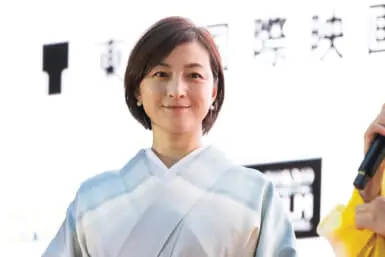Japan’s Conservative Party leader Naoki Hyakuta sparked outrage during a YouTube broadcast last week, with “solutions” to Japan’s declining birthrate so extreme they would be laughable — if they weren’t so shockingly misogynistic. Hyakuta’s bizarre “solutions” included barring women from university beyond the age of 18, banning marriage for women over 25, and even forcibly performing hysterectomies on women over 30. Though the party’s firebrand leader later defended his remarks as dystopian satire meant to “spark discussion,” many Japanese citizens are unconvinced, seeing this as a barely-veiled assault on women’s autonomy.
Hyakuta’s comments come on the heels of a modest win for the Conservative Party in the House of Representatives election on October 27, as it secured three seats. With just 2% of the proportional representation votes across Japan’s 11 blocks, the party scraped by, qualifying as a national party under the Public Offices Election Act. While a small minority, the win signals that this brand of deeply chauvinistic, authoritarian rhetoric has a place — and, disturbingly, a platform — in Japanese politics.
Naoki Hyakuta Criticized for Medieval Comments
Japan’s population decline is a legitimate crisis, but many are disturbed by Hyakuta’s framing of women as reproductive vessels rather than autonomous individuals. With his “hypothetical” proposals striking a nerve, Hyakuta may insist these comments are satire, but they echo deeply ingrained, harmful ideologies that feel more medieval than modern. Criticism has erupted across the spectrum, from women’s rights advocates to political commentators, denouncing the suggestion that women’s lives and choices should be dictated by the state in such a horrifyingly invasive manner.
This latest wave of extreme rhetoric from Japan’s far right may be disguised as satire, but it risks setting a dark precedent in a country where gender equality still lags behind global standards. For many Japanese citizens, Hyakuta’s provocations serve as a reminder that women’s rights and societal roles remain embattled and that the country’s conservative movement appears increasingly willing to sacrifice progress on the altar of nationalist tradition.
As Japan grapples with real, complex social issues, some wonder if there is a deeper agenda behind Hyakuta’s provocations: a play to appeal to the most regressive instincts of the populace, wrapped in the flimsy veneer of satire. Either way, Hyakuta’s commentary has reminded the nation of the disturbing ease with which misogyny can be cloaked in “debate.”









